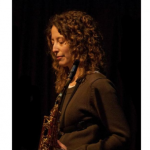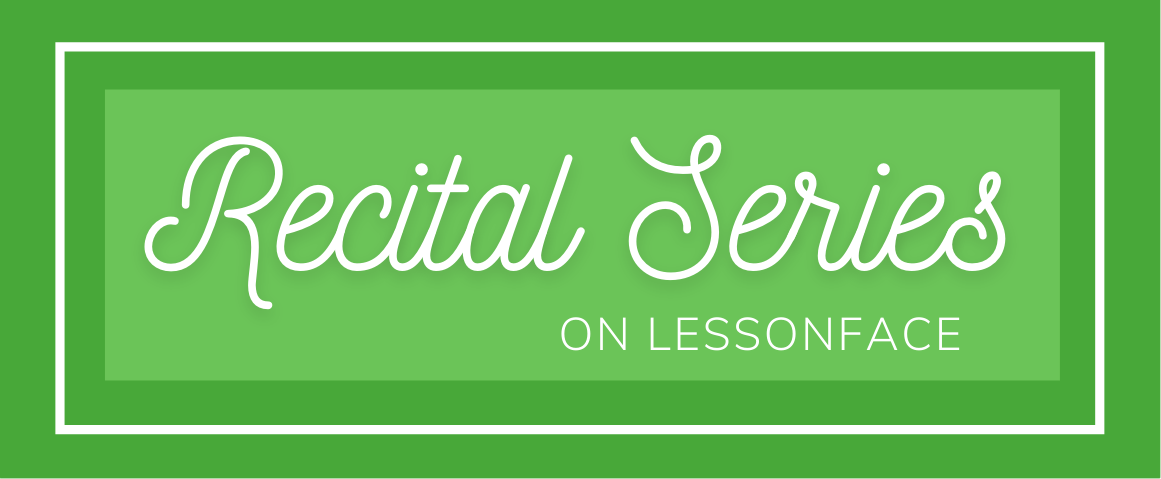We all fail at some point, and spotting mistakes is the key to learning.
When we realize we made a mistake we understand that we’ve been in the wrong path. We’re given the chance to change and that’s good. Part of the teachers’ job is to help students spot the mistakes they make and help them find the best way to correct them. Inevitably we’ll all fail at some moment. And I say the sooner the better!
The student that struggles right in the beginning (for example: finding the right posture, getting sound out of the instrument, breathing properly) gets used to the dynamics of failing: failing- understanding mistakes - finding solutions - succeeding. He understands it’s a matter of time, perseverance and focused study. Not exactly talent or any special gift. The student who is “lucky” to do everything easily at the first lessons doesn’t deal with error. Due to some physical characteristics or some prior practices that may not even have to do with music he can do some things right at the first attempt, and assumes that is what talent looks like. And when he fails, because we all do, he will start to doubt on his own talent, and consider giving up.
We show fear of failure in many ways but there’s a main one I find consistently both in my younger self and in almost all students: not recording their practice.
We can be our own teachers when we record ourselves. We can spot simple mistakes and correct them right away instead of repeating them until next lesson. We learn how we sound from the outside. But we have that deep discomfort or clear fear that drives us away from hearing our recordings.
Because when others tell us we’re wrong we can always think they’re the ones mistaken. They are being too demanding or just picking on us, envy or whatever excuse we can find. But when we hear or see by ourselves our own mistakes we see ourselves in an undeniable weak position. And that’s something we want to avoid unless we know how useful that can be for our own growth.
To me one of the keys to succeed is to accept the good sides of failing and be constantly looking for things we can improve. On live lessons I record my students to hear it with them, asking their opinion and taking notes together. On lessonface we have this great tool for recording the lessons!
On my own study I try to record and listen to myself a few minutes every practice session.
How frequently do you record yourself? Does that make you uncomfortable?





This is really great information and advice Ligia!
I agree that recording is a really useful tool. We're lucky that it's so easy to do in this age.
I record pieces and segments of solo pieces in various stages when I'm preparing them for performances. I also often record flamenco performances (improvised group performances, usually) to analyze and learn from them later.
I'm often surprised by how vastly the recording can differ from my perception of how I played. Sometimes I think I really have a solo piece ready to share with the world - and when I record it I see that it just isn't 'gelling' the way it needs too, and my interpretative intentions aren't coming across. Other times I finish a performance feeling discouraged by what I perceived as a lot of 'mistakes', but when I watch the recording later, I can see those little errors were next to nothing, and that overall the performance had a really nice energy and came across just fine.
I think our minds and ears tend to fill in gaps while we're playing, bridging the divide between our intentions and outputs. Sometimes we think we're playing smoothly or dynamically, when really things are choppy and flat. On the other hand, our moods and stage nerves can influence our perception of a performance. Sometimes we remember all the parts where we had a brief doubt, and we think it was a visible error, but really everything was fine and the energy of the performance kept us going and made the brief doubt irrelevant.
Another thing that's helped me a lot as both a student and professional is trying to view 'failures' (or criticism, or any less-than-ideal feedback or event) as objectively and cooly as possible. Any sort of failure, big or small, is really just information to learn from. The less we engage with it emotionally, the better we can analyze and learn from it, and move on to play better the next time.